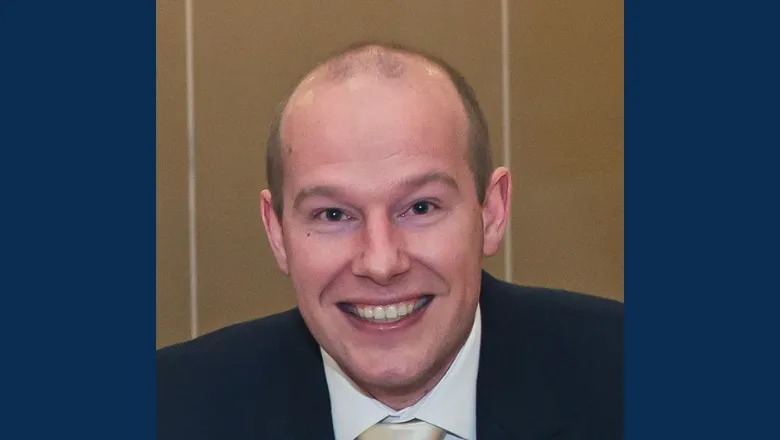28 June 2019
5 mins with… Robbert Hoogeboom
Dr Robbert Hoogeboom joined King’s as a Lecturer in Lymphoma in 2018 at the Rayne’s Institute in Denmark Hill.

Briefly, tell me about your background and career up to this point
After my MSc in Bio-Pharmaceutical Sciences at Leiden University in the Netherlands, I completed my PhD studies at the University of Amsterdam, where I studied the role of antigen in B cell Chronic Lymphocytic Leukemia. In 2012, I moved to London to join the lab of Dr Pavel Tolar at the National Institute for Medical Research (NIMR) in Mill Hill as a postdoc, where I investigated the role of non-muscle myosin IIa in B cell antibody responses. In 2016, the NIMR moved to the Francis Crick Institute. In January 2018, I became a Lecturer at King’s, returning to the field of my PhD: the role of antigen in B cell lymphomagenesis.
What research are you currently working on?
Combining my previous research experiences, I am currently establishing a large-scale high-content multicolour fluorescent imaging platform and novel mouse models to study how malignant B cells become activated by antigen in the lymph node tumour microenvironment.
What is a typical day like for you?
There is no typical day really. Each day consists of a combination of writing grants, analysing data, teaching, supervising staff and students, getting appropriate research materials and samples and if I have time left, I love to do experiments myself.
Where is your research area heading in the next five years?
I aim to get to the bottom of how and why B cell cancers arise, but realistically that may take a bit longer than five years. It would be great if I could resolve at least some of the mysteries that surround the process of lymphomagenesis.
What would you like members of our School to most know about you and your research area?
I am always open to a discussion about B cells whether in health or disease.
What is your favourite part about your current role?
I feel very privileged that it is my day job to think about challenging research questions and generate knowledge about the unknown.
What do you do with your time outside of academia?
I try to spend most of my time outside of academia with my wife and 10-month-old son and the occasional dinner with friends.
What advice would you give to your 18-year-old self?
Make the most of the cards you have been dealt. There are so many ways to achieve happiness.
Who do you look up to (inside or outside of academia)?
My grandmother, still keen to try and understand what my research is about at the age of 93.
QUICK-FIRE:
Favourite Movie: Snatch
Favourite Book: I rarely manage to finish a book
Favourite TV Show: The Big Bang Theory (will be missed dearly!)
Favourite Scientist: Charles Darwin
